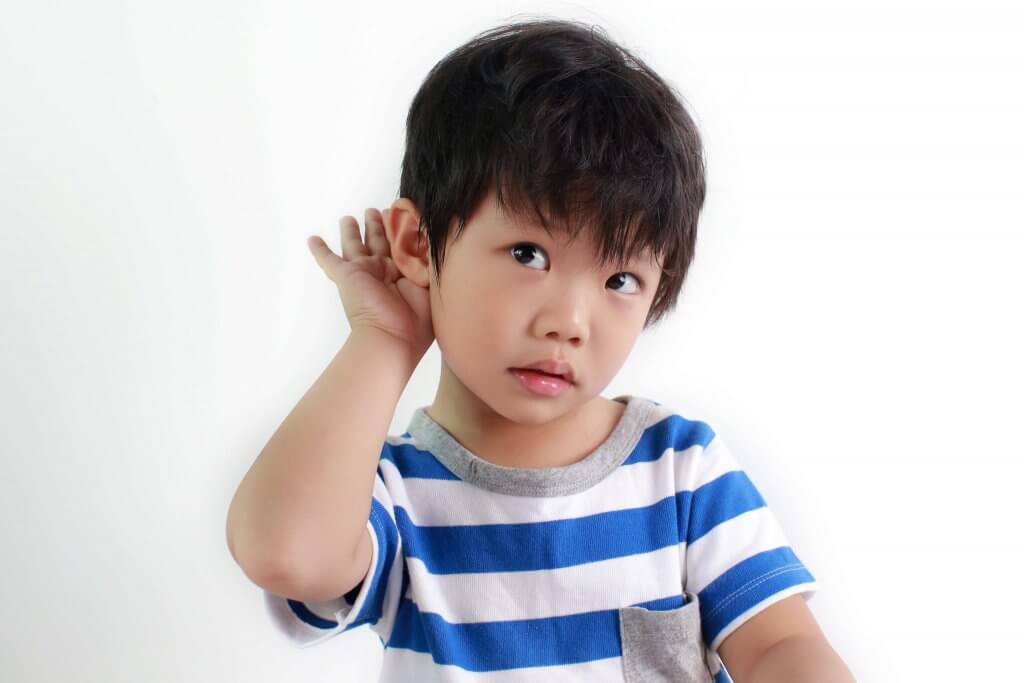
A study recommends using a hearing device or cochlear implant to improve excellent hearing skills in toddlers if they are with permanent hearing loss. Researchers examined data on communication skills at age 4 for children born with a continual hearing impairment.
- Many deaf children have difficulties forming and sustaining relationships with hearing rivals.
- Language deficiency can negatively harm a kid’s vocabulary, sentence construction, and speaking skills, causing learning difficulties that result in inferior ranks. Poor language skills can also affect interaction with equals, leading to feelings of social isolation.
- Deaf children have a lower social status (Nunes et al., 2001) and report more loneliness than hearing children.
- In mainstream settings, short speech clarity improves feelings of loneliness.
- Many deaf children have difficulties in large social settings. They cannot attend to multiple synchronous communications, especially when there is background noise.
- joining an existing group of peers and maintaining play behaviours with them is socially challenging
- Deaf children often have a vague concept of how others think and feel.
- Children’s ability to communicate well with others affects the formation of close relationships with others and develops a positive identity.
- Delays in metacognitive processes, such as problem-solving and attention, affect play behaviour and socialization.
- Approximately one baby in every thousand is born with a ‘significant’ bilateral hearing loss (greater than 30 decibels) that requires the fitting of hearing aids. Many babies are now diagnosed through infant hearing screening in hospitals. Some points related to the children’s deafness are-
- More than 95% of deaf children have hearing parents.
- Children with hearing aids and cochlear implants do not hear speech as clearly as children with normal hearing. Incidental learning through listening does not occur as it does for hearing children.
- If your kid seems to you profoundly when you talk to them, as if thinking, they may be depending more on visual cues for understanding speech
- The emotional results can take an emotional toll on your baby. Kids with hearing impairment remain low self-respect issues and hold a general “out of place” thinking when socializing with other kids. Many feel their hearing impairment prevents them from participating in group activities, such as games or social functions.
- The first two years of neurolinguistic development are vital. During this time, a child acquires language relatively effortlessly.
- The average deaf student graduates from high school with language and academic achievement levels below those of the average fourth-grade (9-year-old) student with normal hearing
As before said, hearing impairment recognized early on will give less impression on your kid’s progress. If you have any inquiries about symptoms you’ve notified in your kid or have general hearing impairment related questions, feel free to contact your Audiologist directly.
What we can do:
Early Intervention (0-3 years):
Hearing impairment can influence a kid’s capacity to develop language, language, and social skills. The earlier a deaf or hard-of-hearing kid starts receiving assistance, the more likely the kid’s speech, communication, and social skills will be.
Early intervention program assistance helps young kids with hearing impairment learn language skills and other valuable skills. A study shows that first intervention services can significantly improve a kid’s development.
Special Education (3-22 years)
Special education is a preparation specially created to address the educational and related progress needs of older kids with disabilities or those who are feeling developmental delays.
- Children’s social skills may be enhanced by targeted interventions, especially in the areas of peer entry and cooperative play
- A play session is rewarding when the child can repair communication breakdowns, sometimes with the help of the hearing playmates
